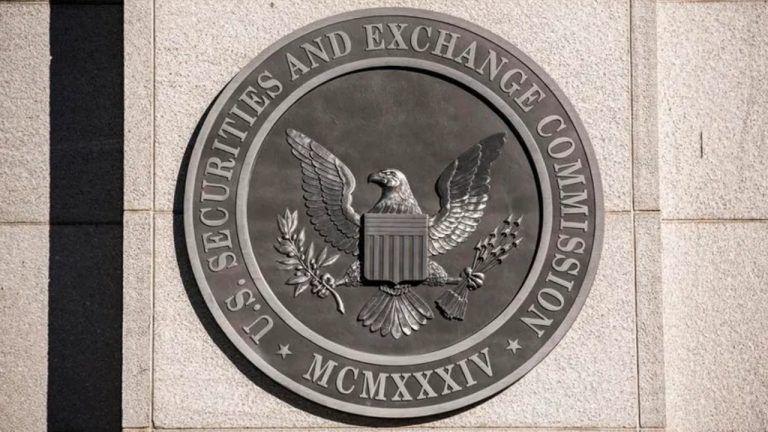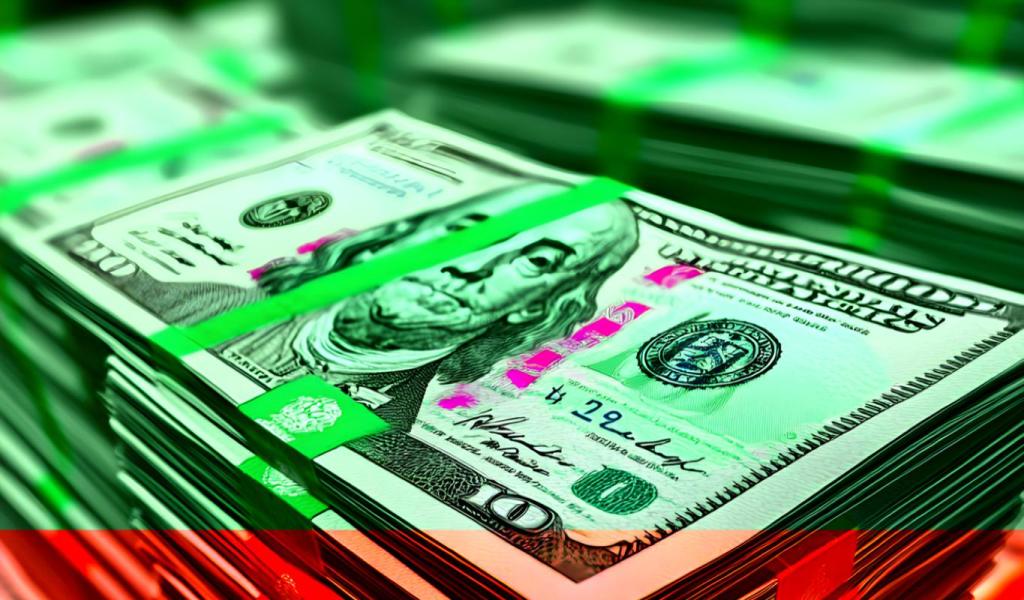
The importance of security in cryptocurrency transactions
Share this article
Cryptocurrency has changed the way we think about money. No banks, no middlemen, just you and your digital wallet. Though it sounds amazing, great power often comes with great responsibility, especially when it comes to security. If you are dealing with cryptocurrency, keeping your assets safe should be a top priority because once your funds are gone, they are gone for good. Let’s explore why security is crucial in cryptocurrency transactions and how you can protect yourself from cyber threats.
Why security matters in crypto transactions
Unlike traditional banking systems, crypto transactions are irreversible. The decentralized nature of cryptocurrencies means there is no governing body that can step in to fix mistakes or reverse fraudulent transactions. Once a transaction is recorded on the blockchain, it’s set in stone.
For example, if you mistakenly send your Dogecoin to the wrong address, there is no way to retrieve it. Hackers and scammers know this all too well, which is why they are constantly developing new ways to trick users into giving up their private keys, passwords, or recovery phrases. If you are not careful, you could lose everything in a matter of seconds. That’s why buying Dogecoin from a trusted cryptocurrency exchange is crucial. Choosing a secure platform ensures your funds are safe from potential fraud or hacking attempts.
How to keep your cryptocurrency safe
Understanding the risks of cryptocurrency ensures you can take the right steps to protect yourself and your digital assets. Let’s find out how below:
Use a secure wallet
There are two main types of wallets, each with unique characteristics:
If you are serious about security, consider using a hardware wallet like Trezor or Ledger. These devices store private keys offline, making it almost impossible for hackers to access them.
Enable two-factor authentication (2FA)
Every exchange and wallet that supports 2FA should have it turned on. Apps like Authy or Google Authenticator provide an extra layer of security, making it harder for hackers to break into your account.
Never share your private key or recovery phrase
Your private key is the master key to your funds. If someone gets access to it, they own your cryptocurrency. The same goes for your recovery phrase. Write it down and store it in a safe place. Never store it online or in an email.
Double-check addresses before sending funds
Always verify wallet addresses before making a transaction. A simple mistake in copying and pasting could send your funds to a stranger. Some malware even swaps out addresses in your clipboard, so always double-check before hitting send.
Avoid suspicious links and emails
Be cautious if you receive an email asking for login details or urging you to click on a link. Always go directly to the official website rather than clicking links in emails or messages.
Use decentralized exchanges (DEX) when possible
While centralized exchanges are convenient, they hold your funds, making them attractive targets for hackers. Decentralized exchanges (DEX) allow you to trade without giving up control of your private keys.
Endnote
Cryptocurrency is revolutionizing finance, but with innovation comes risk. Security isn’t just an option. It’s a necessity. Whether you are an investor, trader, or just starting out, taking the right precautions can save you from losing your hard-earned money. Stay vigilant, keep your keys safe, and always think twice before clicking that link or making a transaction.
Share this article
Go to Source
Author: Vivian Nguyen








